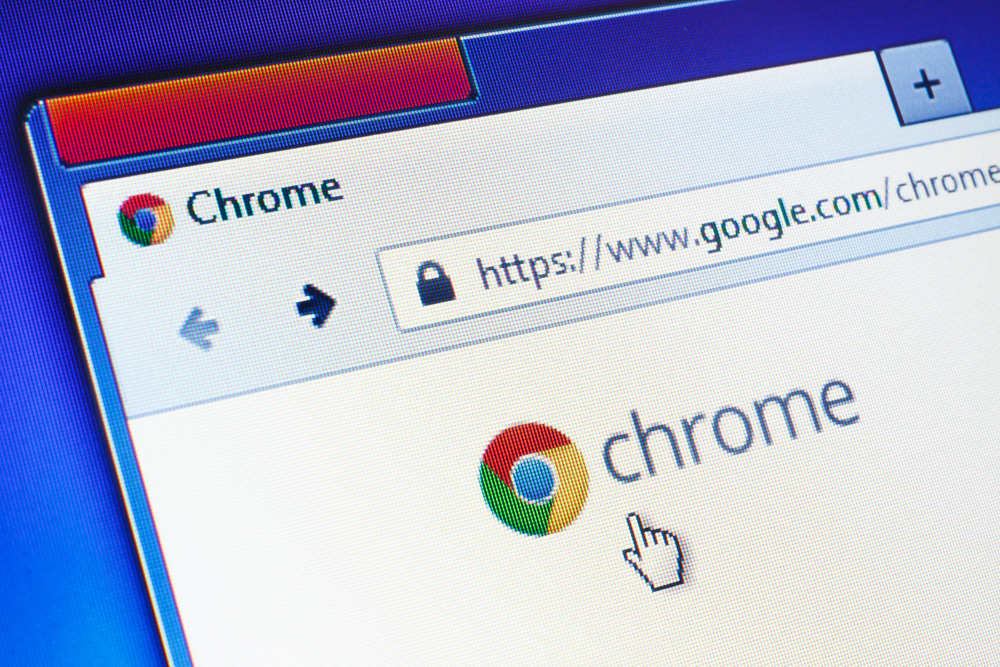Google Will Soon Kill the Worst Ads on Chrome
This could be a game-changer

Sign up to receive The Snapshot, a free special dispatch from Laptop Mag, in your inbox.
You are now subscribed
Your newsletter sign-up was successful
Chrome is a massively popular web browser, but opening too many Chrome tabs at once can cause serious computer slowdowns. Chrome has been the source of performance problems for long enough to gain a reputation for being resource-hungry, particularly when it comes to system RAM.
Part of the reason the browser demands so much RAM is because of all those pesky ads running in the background of the websites you visit. Yes, ads fund the internet, but they can also ruin a browsing experience if they're not well optimized.
Now Google is taking a stand against those offenders and blocking any ads that require too many system resources.
First reported by 9to5Google, Chrome developers have released a Chromium commit that "unloads ad iframe" if they are deemed to be using an "egregious amount of system resources."
More specifically: "This intervention unloads ads that are in the .1% of bandwidth usage, .1% of CPU usage per minute, and .1% of overall CPU time. The current numbers are 4MB network and 60 seconds CPU, but may be changed as more data is available," the Chromium document states.
When a "heavy ad" breaches those thresholds, it will be removed and replaced with an error message explaining why it was taken down.
While the feature isn't live yet, Techdows discovered two related Chrome flags — Heavy Ad Intervention and Disable heavy ad privacy mitigations — that suggest ad-blocking could arrive soon.
Sign up to receive The Snapshot, a free special dispatch from Laptop Mag, in your inbox.
Heavy Ad Intervention lets you disable or enable the ad-blocking feature while Disable heavy ad privacy mitigations disables the ad-blocker's built-in privacy protections (most people should leave this alone).
These flags mean ad-blocking is currently in the experimental phase and won't be rolled out before Chrome 80.
Google's tricky relationship with ads
Removing system-intensive ads is one of many actions Google has taken to create a better browsing experience for Chrome users.
The company previously created a built-in ad blocker into Chrome that removed ads that didn't adhere to the Better Ads Standards created by the Coalition of Better Ads. Offending categories included pop-up ads, prestitial ads (ads that appear before a web page finishes loading) with countdowns, auto-play video ads with sound, and large sticky ads (ads that remain static while scrolling).
Of course, Google can't afford to remove all ads, which are a primary source of revenue. But by targeting only certain ads, Google can improve the user experience without putting a hole in its ad business.
Google hasn't officially launched the ad-blocking feature, so we'll have to wait patiently to see how it will affect the Chrome browsing experience. If it means we can keep more tabs open without taxing our laptops, then we're in favor.
Phillip Tracy is the assistant managing editor at Laptop Mag where he reviews laptops, phones and other gadgets while covering the latest industry news. After graduating with a journalism degree from the University of Texas at Austin, Phillip became a tech reporter at the Daily Dot. There, he wrote reviews for a range of gadgets and covered everything from social media trends to cybersecurity. Prior to that, he wrote for RCR Wireless News covering 5G and IoT. When he's not tinkering with devices, you can find Phillip playing video games, reading, traveling or watching soccer.

